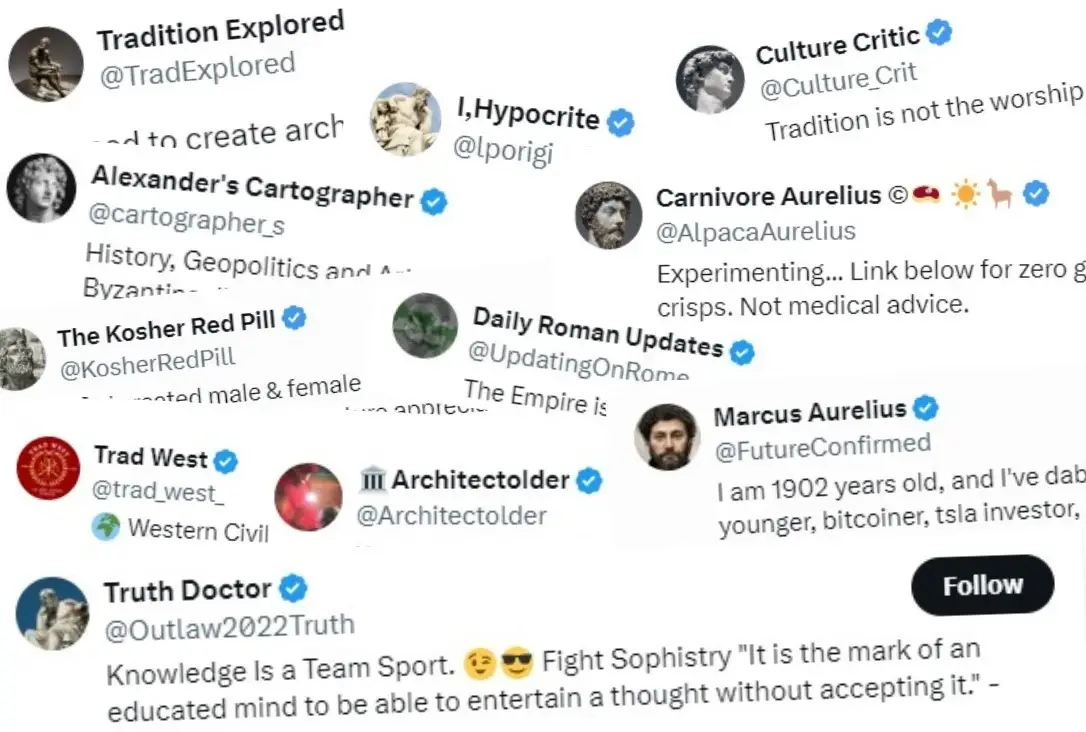- cross-posted to:
- archaeology@mander.xyz
- cross-posted to:
- archaeology@mander.xyz
A good article in which the author researched how Twitter’s algorithm pushed people interested in history into alt-right content.
Quote: “Adhering to my guidelines to follow accounts suggested by the algorithm, I clicked the “follow” button. This was the first time I was recommended content adjacent to alt-right and “manosphere” ideology. Prior to that, it was all history related. After “liking” approximately 100 Tweets, however, I saw that the accounts suggested to me were becoming increasingly political, and I was specifically being recommended accounts run by internet political commentators – as opposed to professional politicians or journalists. I cannot definitively call this observation evidence of being led down an alt-right pipeline, but it was interesting to note that those were the types of accounts suggested to me by the Twitter algorithm.”



True, and that’s important context if you’re trying to get a deeper understanding of how Julius Caesar came to have the power he held before his assassination.
But there’s enough of a problem you can see even if you just start at Julius, which is what I was concentrating on in my previous comment. The parallels to Trump are terrifyingly on the nose.
True that.
Weirdly enough (or perhaps not surprisingly) I see the same here with Bolsonaro supporters; there’s a disproportionally high amount of them among classicists, even if humanities as a whole leans heavily to the left.